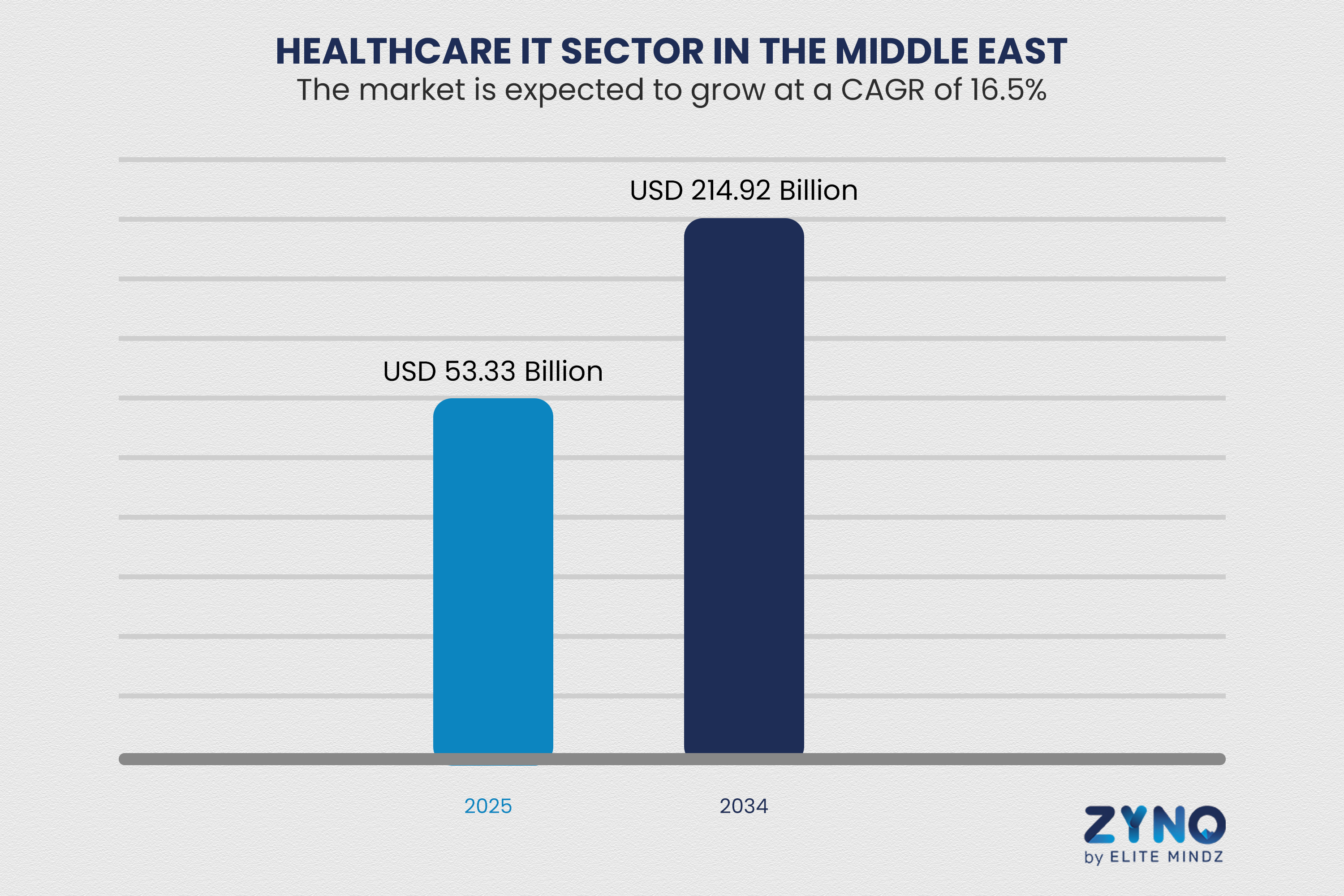 ×
×
- ZYNO AI +
-
Products
+
-
 ZYNO Manufacturing ERP
+
ZYNO Manufacturing ERP
+
-
 Production Planning & Scheduling
Production Planning & Scheduling
-
 Expense Management Software
Expense Management Software
-
 Mobile App
Mobile App
-
 AI-Powered Demand Forecasting
AI-Powered Demand Forecasting
-
 Field Service Management
Field Service Management
-
 Ticket Management Software
Ticket Management Software
-
 Training Management System
Training Management System
-
 Document Management
Document Management
-
 Human Resources & Time Tracking
Human Resources & Time Tracking
-
 Analytics & Reporting
Analytics & Reporting
-
 Quotes & Sales Orders (Manufacturing CRM)
Quotes & Sales Orders (Manufacturing CRM)
-
 Finance & Cost Accounting
Finance & Cost Accounting
-
 Shop-Floor & MES Reporting
Shop-Floor & MES Reporting
-
 Statutory Compliance & Taxation
Statutory Compliance & Taxation
-
 Subcontracting & Outside Processing
Subcontracting & Outside Processing
-
 Project-Based Manufacturing
Project-Based Manufacturing
-
 Quality Control & Compliance
Quality Control & Compliance
-
 Maintenance & Asset Management
Maintenance & Asset Management
-
 Procurement & Supplier Management
Procurement & Supplier Management
-
 Inventory & Warehouse Management
Inventory & Warehouse Management
-
 Vendor Management Software
Vendor Management Software
-
.webp) Bill of Materials (BOM)
Bill of Materials (BOM)
-
 Product Configurator
Product Configurator
-
-
 ZYNO Procurement
+
ZYNO Procurement
+
-
 ZYNO CRM
+
ZYNO CRM
+
-
 ZYNO HRMS
+
ZYNO HRMS
+
-
 Integrated recruitment
Integrated recruitment
-
 Learning management
Learning management
-
 Mobile app
Mobile app
-
 HR chatbot
HR chatbot
-
 Custom services
Custom services
-
 HR automation
HR automation
-
 Business chat and collaboration
Business chat and collaboration
-
 Employee engagement
Employee engagement
-
 Integrated travel and expense
Integrated travel and expense
-
 Integrated payroll software
Integrated payroll software
-
 Compensation management
Compensation management
-
 Onboarding
Onboarding
-
 Performance management
Performance management
-
 HR analytics
HR analytics
-
 Digital Document management
Digital Document management
-
 HR help desk
HR help desk
-
 Timesheets
Timesheets
-
 Leave management
Leave management
-
 Shift management
Shift management
-
 Attendance management
Attendance management
-
 Employee management
Employee management
-
 Integrations
Integrations
-
-
 ZYNO Assets
+
ZYNO Assets
+
-
.webp) ZYNO EduVibe
+
ZYNO EduVibe
+
-
 ZYNO Upskill
+
ZYNO Upskill
+
-
 ZYNO Rewards
+
ZYNO Rewards
+
-
 ZYNO HIMS
+
ZYNO HIMS
+
-
 ZYNO Expenz
+
ZYNO Expenz
+
-
 ZYNO Legal
+
ZYNO Legal
+
-
 ZYNO Audit
+
ZYNO Audit
+
-
 ZYNO Retail
+
ZYNO Retail
+
-
 ZYNO Recruit
+
ZYNO Recruit
+
-
 ZYNO Projects
+
ZYNO Projects
+
-
 ZYNO Books
+
ZYNO Books
+
-
 ZYNO POS
+
ZYNO POS
+
-
- Industry +
- IT Services +
- Digitech +
-
Digital Marketing
+
-
 Search Engine Optimization
+
Search Engine Optimization
+
-
 Generative Engine Optimization (GEO)
Generative Engine Optimization (GEO)
-
 Paid Media & Advertising
+
Paid Media & Advertising
+
-
 Amazon Marketing Services
+
Amazon Marketing Services
+
-
 Social Media Marketing
+
Social Media Marketing
+
-
 Content Marketing
+
Content Marketing
+
-
 Conversion Rate Optimization
+
Conversion Rate Optimization
+
-
 Online Reputation Management (ORM)
+
Online Reputation Management (ORM)
+
-
 Analytics, Strategy & Consulting
+
Analytics, Strategy & Consulting
+
-
 Brand Management
Brand Management
-
 E Commerce Marketing
E Commerce Marketing
-




.webp)



-1.webp)


.webp)




































.webp)






























































.webp)






.webp)






.webp)
.webp)
















































































.jpg)

.jpg)
.png)











.jpg)










.jpg)









.webp)



